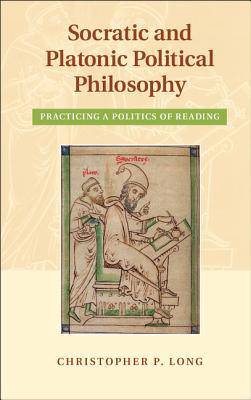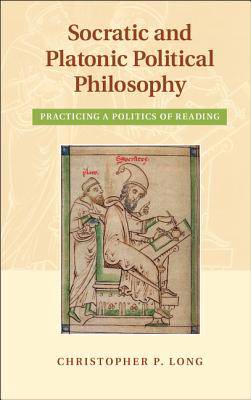
- Afhalen na 1 uur in een winkel met voorraad
- Gratis thuislevering in België vanaf € 30
- Ruim aanbod met 7 miljoen producten
- Afhalen na 1 uur in een winkel met voorraad
- Gratis thuislevering in België vanaf € 30
- Ruim aanbod met 7 miljoen producten
Zoeken
€ 125,95
+ 251 punten
Omschrijving
In the Gorgias, Socrates claims to practice the true art of politics, but the peculiar politics he practices involves cultivating in each individual he encounters an erotic desire to live a life animated by the ideals of justice, beauty and the good. Socratic and Platonic Political Philosophy demonstrates that what Socrates sought to do with those he encountered, Platonic writing attempts to do with readers. Christopher P. Long's attentive readings of the Protagoras, Gorgias, Phaedo, Apology, and Phaedrus invite us to cultivate the habits of thinking and responding that mark the practices of both Socratic and Platonic politics. Platonic political writing is here experienced in a new way as the contours of a politics of reading emerges in which the community of readers is called to consider how a commitment to speaking the truth and acting toward justice can enrich our lives together.
Specificaties
Betrokkenen
- Auteur(s):
- Uitgeverij:
Inhoud
- Aantal bladzijden:
- 240
- Taal:
- Engels
Eigenschappen
- Productcode (EAN):
- 9781107040359
- Verschijningsdatum:
- 28/11/2014
- Uitvoering:
- Boek
- Afmetingen:
- 152 mm x 231 mm
- Gewicht:
- 430 g

Alleen bij Standaard Boekhandel
+ 251 punten op je klantenkaart van Standaard Boekhandel
Beoordelingen
We publiceren alleen reviews die voldoen aan de voorwaarden voor reviews. Bekijk onze voorwaarden voor reviews.











